International experts assess economic impact of war in Ukraine on Uzbekistan
Jamshid Kuchkarov said that the government was worried about food prices at first and now the situation has improved a lot; moreover, contrary to expectations, there was no decrease in remittances from the Russian Federation. The vice-presidents of the World Bank and the Asian Development Bank also commented on the impact of the war on Uzbekistan.

Photo: Uzbekistan Economic Forum
The first plenary meeting was held within the framework of the Uzbekistan Economic Forum, which is being held in Samarkand. The topic of the impact of the war in Ukraine on the economy of countries was also discussed, Kun.uz correspondent reported.
“Uzbekistan is a developing, borrowing country”
Jamshid Kuchkarov, Deputy PM - Minister of Economic Development and Poverty Reduction:
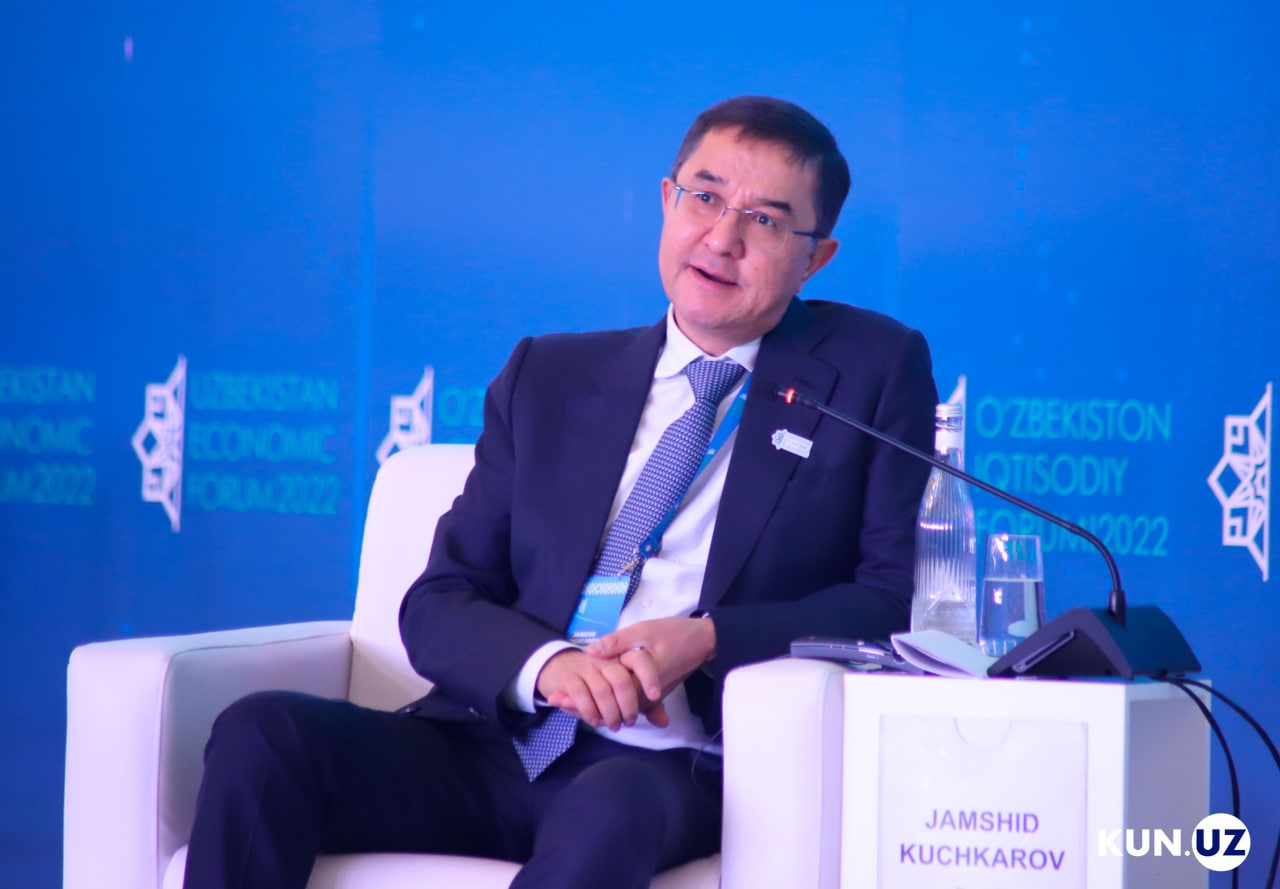
- We are living in a difficult time now. Global markets and supply chains have been disrupted due to the worsening geopolitical situation. Food prices have increased. Together with our colleagues at the World Bank, we also discussed the impact of this situation on Uzbekistan.
The first alarming situation for us was the increase in food prices. Food restrictions have been imposed in many countries. Today, the situation is much better, we have worked together with our neighbors and trading partners in this complex process.
Initially, there was concern that the volume of remittances from Russia would decrease, but this did not happen. We are exploring additional opportunities to improve our overall situation.
Advanced countries are also talking about the risk of recession. Uzbekistan is a developing, borrowing country. We have issued our 3.7% bonds so far. They are sold on the secondary market with a margin of 8.5%. This is also a good indicator for us. Uzbekistan is also a part of the world economy, we cannot stand aside from the ongoing processes.
“Central Asian countries should also improve political relations”

Jihad Azour, Director of the IMF Middle East and Central Asia Department:
- In addition to the high cost and availability of food, purchasing it has also become a problem this year. The crises occurring in the world have affected all countries. Therefore, we are working on how to improve the situation in the medium term. For this, structural reforms are needed. It is necessary to diversify the sources of supply and try to find additional sources.
First of all, the countries of the Central Asian region should increase mutual cooperation. At the moment, very good opportunities are emerging in this regard. In addition to economic cooperation, improvement of political relations is also an important factor.
“Privatization of large and medium-sized enterprises has slowed down”
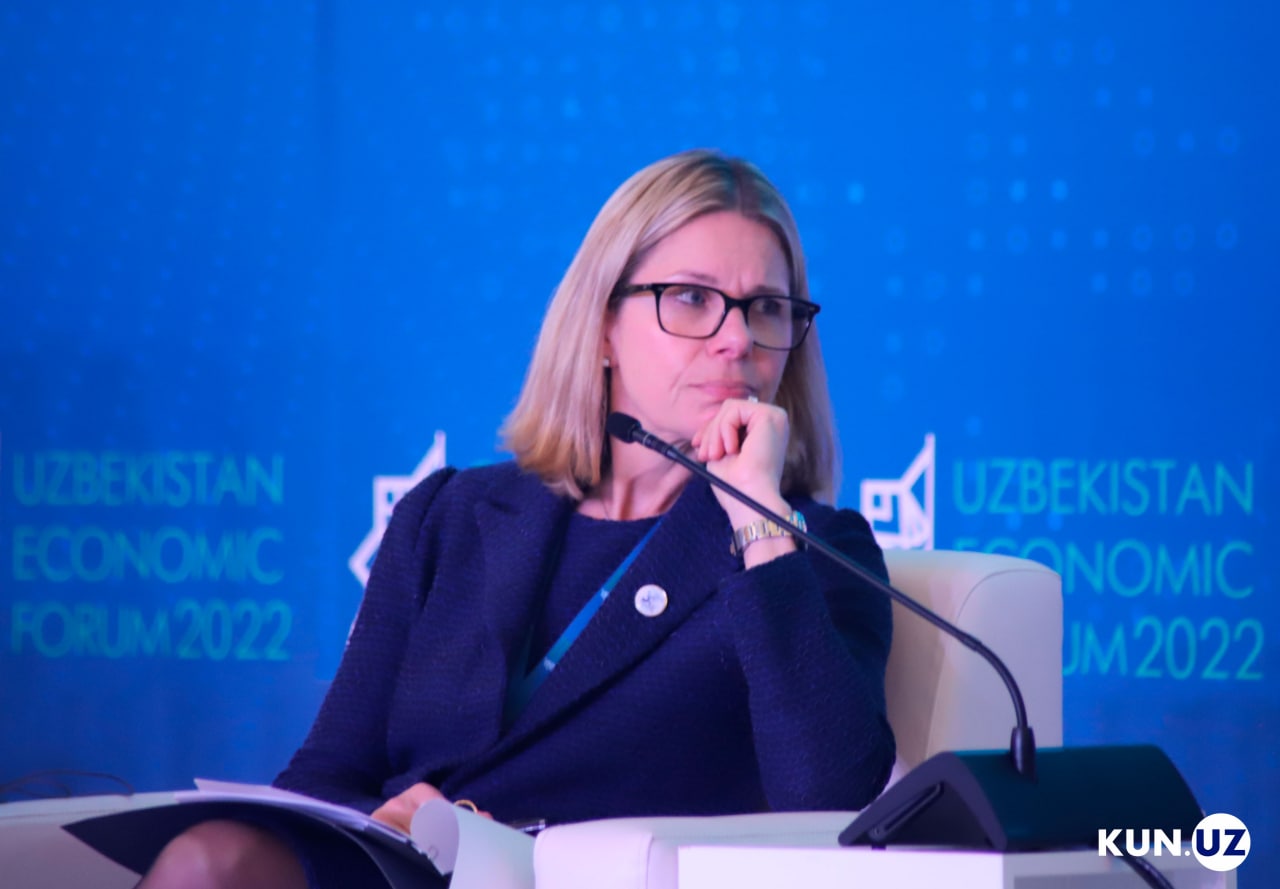
Anna Bjerde, Vice President of the World Bank:
- During the past period, many good reforms were carried out in Uzbekistan. Alternatively, there is still plenty of room to move forward.
The correct approach was taken when choosing the sequence of implementation of reforms that started in 2017. But it is necessary to pay attention to some aspects.
Privatization of large and medium-sized enterprises has slowed down. There is still a lot that can be done in this regard. Also, the implementation of human development reforms should be a priority.
A few weeks ago, the World Bank published an updated forecast for the region, which is positive compared to April 2022 figures. First, the war in Ukraine had less impact than expected. The countries of the region increased their exports of goods and services. Another unintended effect was an increase in capital flows due to the displacement of thousands of citizens.
Related News

19:29 / 11.02.2026
Uzbekistan launches $100 million employment initiative with World Bank support
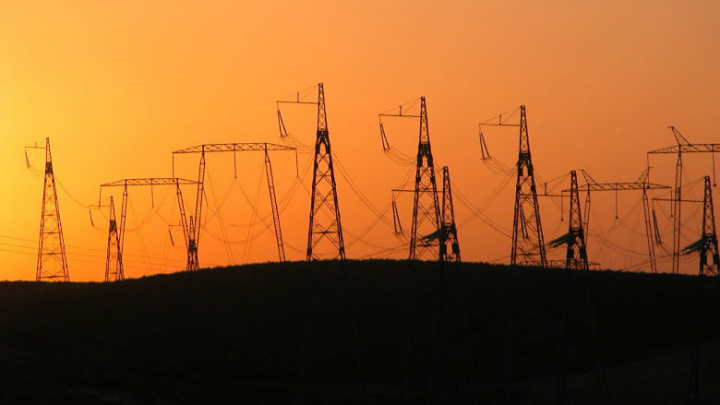
11:17 / 24.01.2026
World Bank approves $1 billion program to create Central Asia’s first regional electricity market
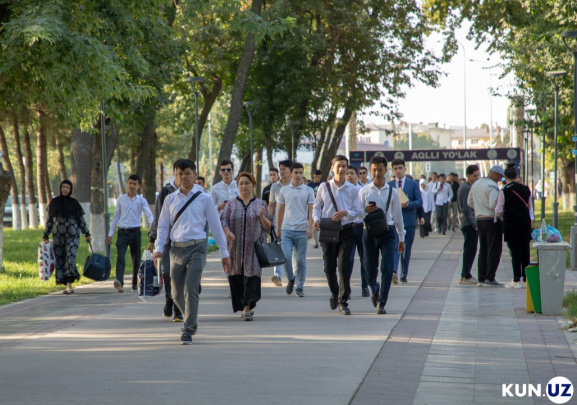
11:40 / 15.12.2025
World Bank approves $250 million loan to reform student financing in Uzbekistan
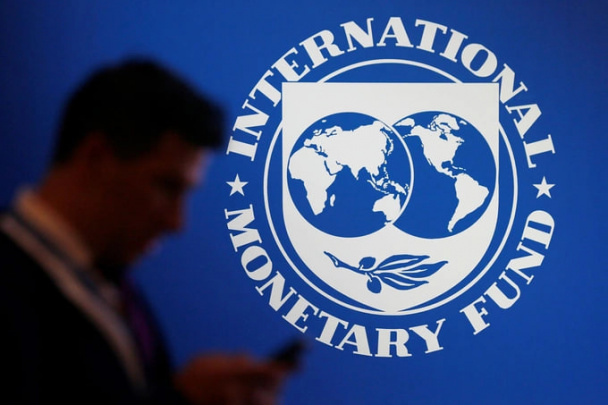
15:13 / 27.11.2025



